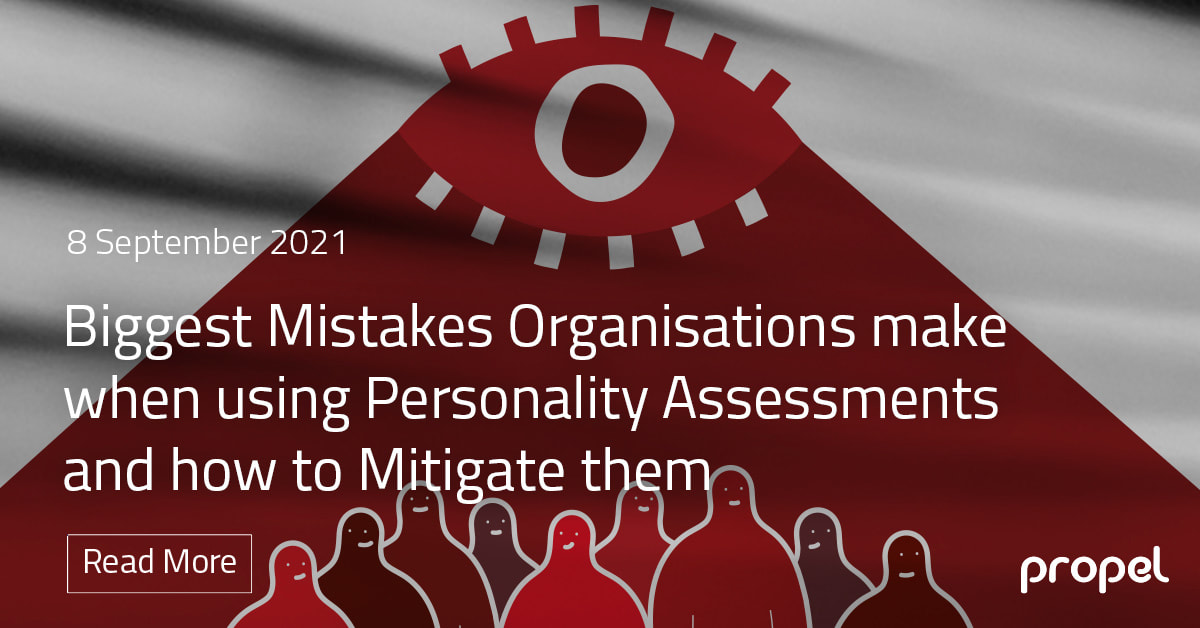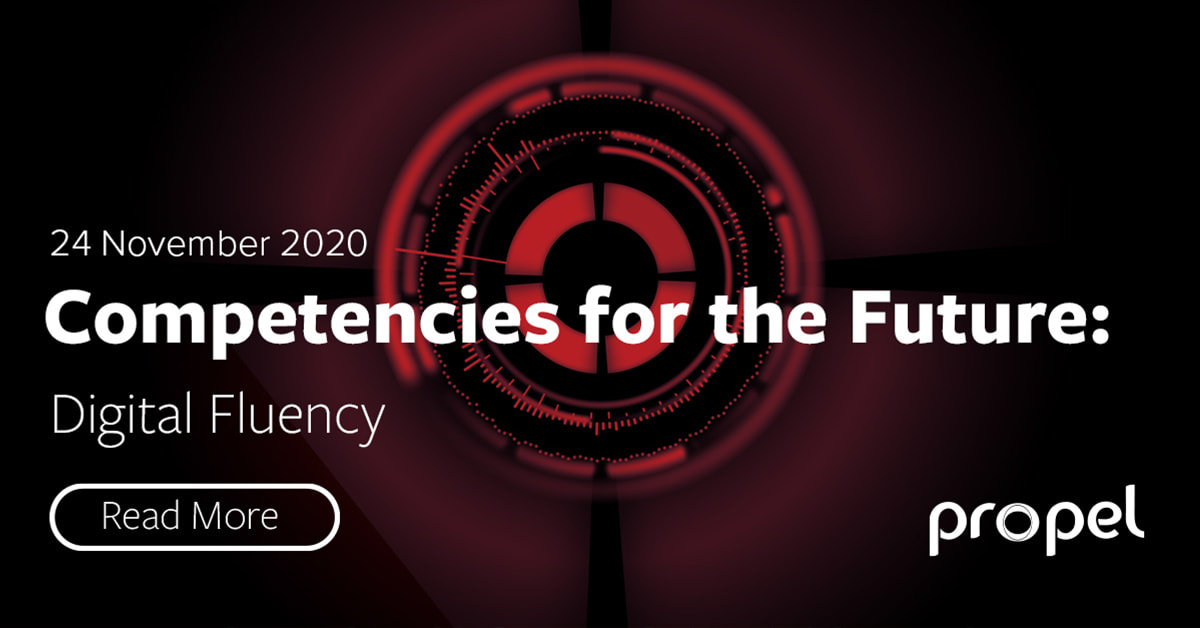Ability Tests - To what extent are they still relevant for talent assessment and acquisition in the digital age?
Part I - Three reasons to employ ‘Ability Testing’ now, more so than ever
From the moment I entered the field of assessment and talent management I was told of the importance of using Ability Tests as part of talent assessment due to them being strong predictors of future performance. However, with an ever-changing work environment and so many new types of assessments available, is this still the case?
Here we will explore three reasons why Ability Tests should be here to stay:
Here we will explore three reasons why Ability Tests should be here to stay:
|
1 – The need for cognitive competence in a world of complexity
The predictive validity of Ability Tests is linked to job complexity. In addition to well-established links between cognitive ability and academic success, and cognitive ability and on the job performance, historically, studies have also found ability testing effectiveness to correlate with the complexity of a job role. In other words, the more complex the target role, the better Ability Tests predicted how candidates would perform in that role (Schmidt & Hunter, 1998). More recent meta-analytic research has found an even stronger link between Ability Tests and future performance (Bertua, Anderson & Salgado, 2005, Schmidt, Oh & Shaffer, 2016). Here Ability Tests were again found to be the strongest predictors of professional / managerial job performance, with cognitive ability accounting for a clear majority of variance in performance. So often we utilise ability testing primarily for sifting large volume lower-level roles; whilst this is a thorough and cost-effective approach, we often neglect to apply such cognitive assessments when hiring for more complex, senior positions, where in fact they are most predictive. With this link between ability tests and job complexity apparent, and an observed increasing complexity of jobs in our current and future word of work, we should be encouraged to continue to test for cognitive competence and not shy away from utilising such tests for more complex roles. |
|
2 – Learning & Problem Solving – key skills for the future
The past 18 months have not been without their challenges; however, we have come to recognise the importance of problem solving and learning more than ever. This need for agility has always been present, but the pandemic forced our hand to adapt and learn quickly. Ability tests help to measure how individuals adapt to new and changing information, indicating one’s ability to find solutions and solve problems. Studies have shown cognitive ability to be a strong predictor of performance adaption, that is understanding and adjusting to change in the workplace (Stasielowicz, 2020). This trend was found to be even stronger with ability tests than with personality based measured of performance adaption. Whilst always important in the world of work, such skills have proved invaluable as both individuals and Leaders alike have had to navigate sudden change and uncertainty, finding quick ways to approach new situations. The future world of work will undoubtedly continue to demand agility, new skills and new ways of thinking from us, therefore assessing this area using Ability Tests, in addition to assessing behavioural elements such as resilience, agility and grit, is likely to prove beneficial. |
|
3 – The ever-growing database of robust Ability Tests to suit your needs and audience
From gamification to stripped back ability tests aimed at senior leaders, there are now many cognitive ability tests available to suit your audience and needs, with the British Psychological Society (BPS) recognising a large number of cognitive ability tests suitable for use within selection. Compared with other assessment methods such as interviews, ability tests are more time and cost efficient, whilst still yielding strong predictive validity. Now, test providers offer robust tools with some taking as little as five minutes to complete and are easily administered, minimising human involvement. Such tools can be particularly valuable in sifting large volumes of applicants, reducing time and cost whilst increasing applicant experience and brand perception. However, it is important to note that assessment is most effective when multiple sources or data points are captured. In this vein it is important to note that people decisions should never be made on one data point alone. Employing a range of different data points will give you a fuller picture of candidates and their likely performance in a given role. From the complexity of jobs to the evolving demands of roles, it is evident that ability tests are not just a thing of the past, but continually useful tools in the ever-changing world in which we live. The increasing variety of cognitive ability tests available serve to match the importance of using such tests and an ability to suit the vast assessment needs. So, are we truly utilising such tests in our selection practices? Are we harnessing the insights they provide in selecting talent? To find out, we may want to ask ourselves the following five questions:
|
If you are interested to find out whether the device we use impacts our ability test results and to what extent cognitive ability is linked with “faking” behaviour you can check out part two of this ability testing series in a week’s time.







